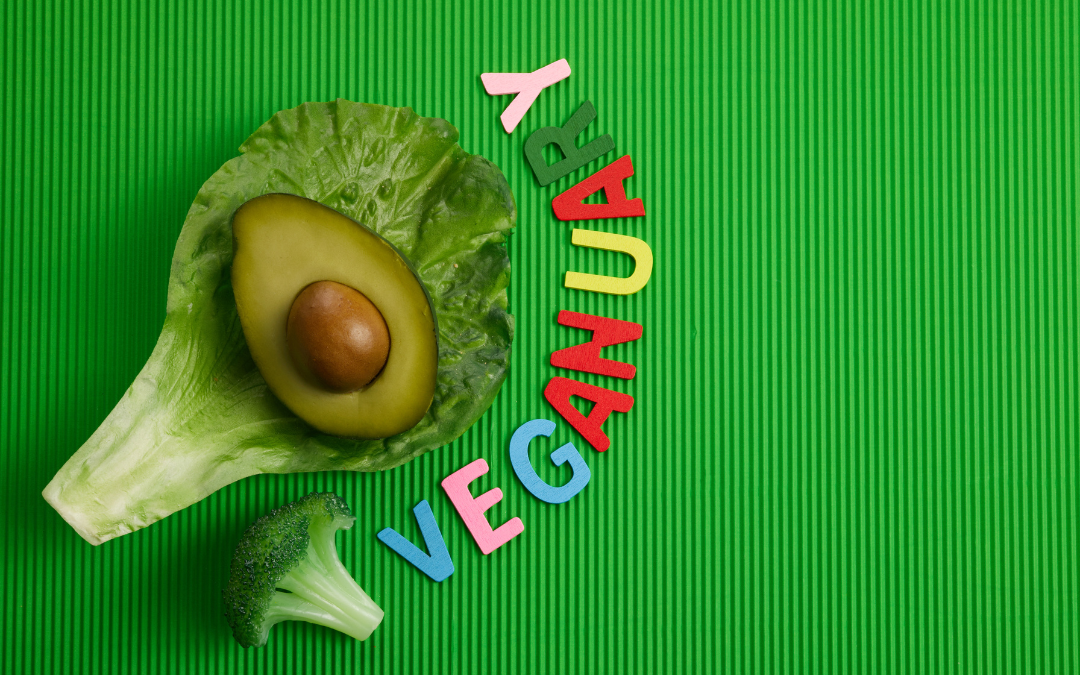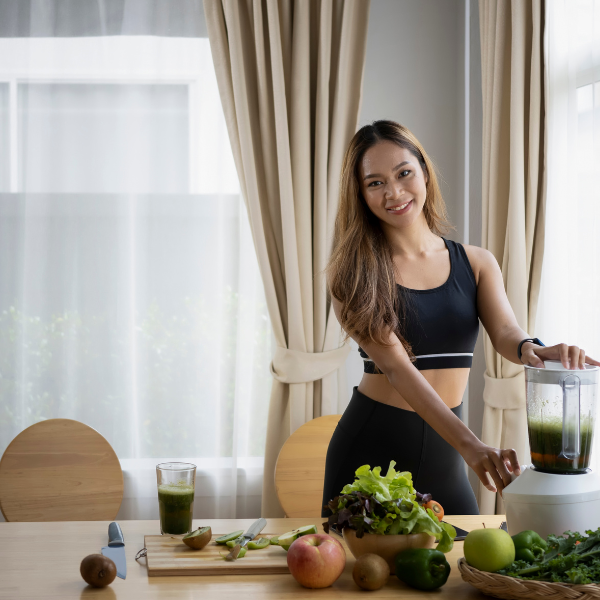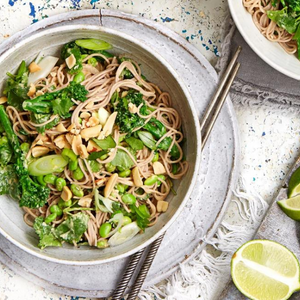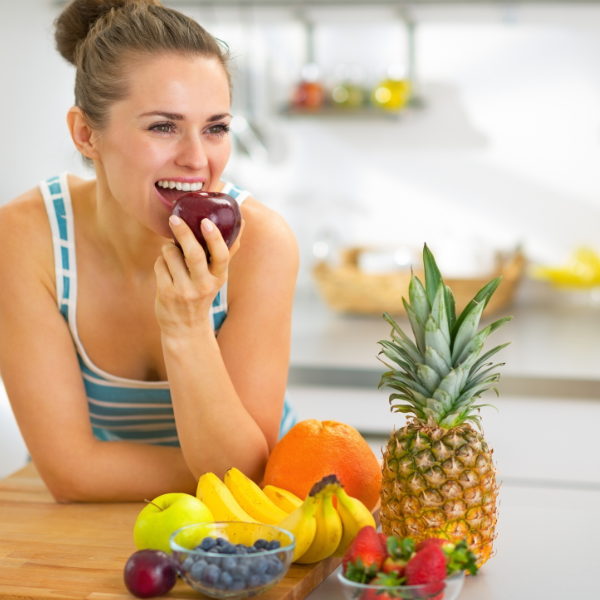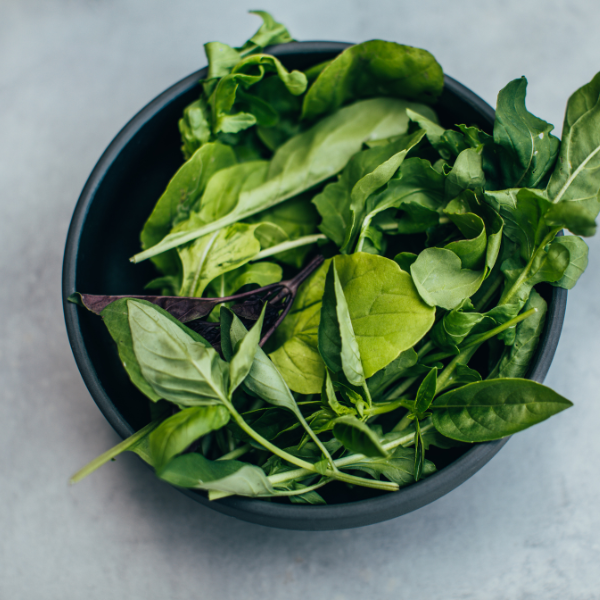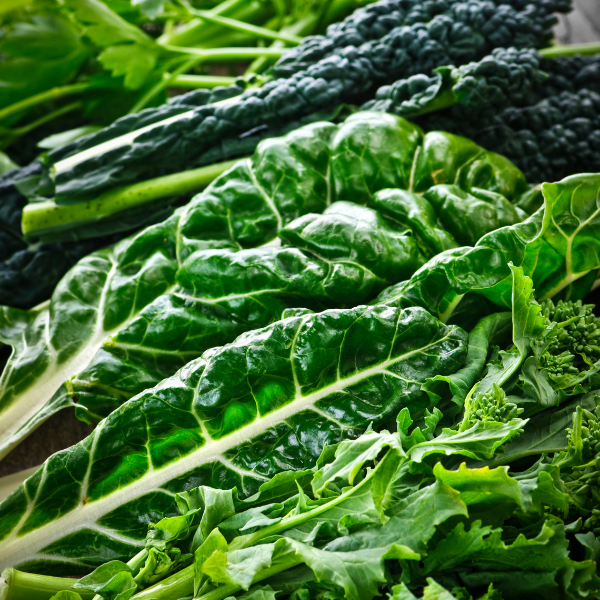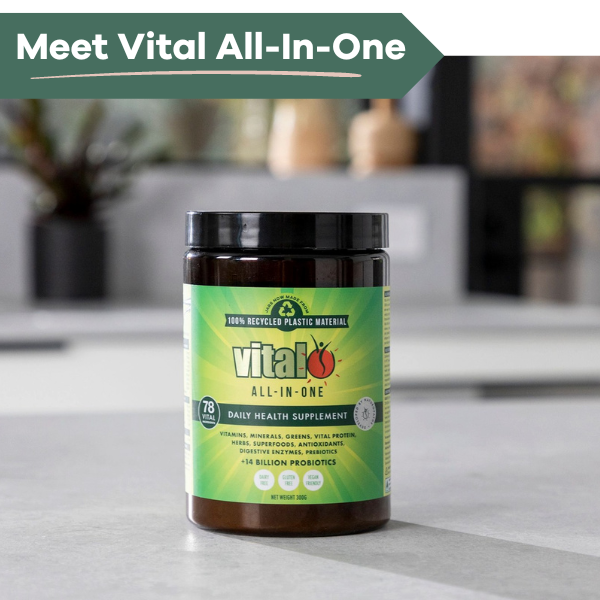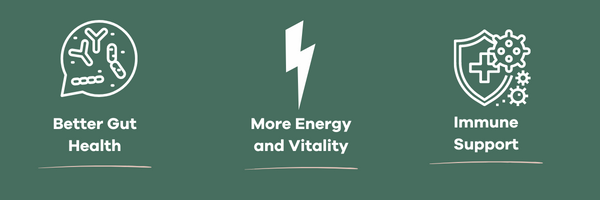Types of vegetarianism
Believe it or not, there are a number of different types of vegetarian-based diets.
The main types are:
- Flexitarian – This is sometimes referred to as “casual vegetarianism” where a person may avoid animal products most of the time, but they’ll occasionally eat meat or fish.
- Pesci-vegetarian – Also known as pescatarians, this type of diet consists of fish, dairy and eggs but one would not consume poultry or other meats.
- Lacto-ovo vegetarian – No fish, meat or poultry is consumed but eggs and dairy are eaten if you are lacto-ovo vegetarian. This is the most common type of vegetarian diet.
- Lacto-vegetarian – This diet consists of no meat, fish, poultry or eggs, but dairy is included in the diet.
- Ovo-vegetarian – If you eat eggs but do not eat meat, fish, poultry and dairy, you are ovo-vegetarian.
- Vegan – This diet consists of absolutely no animal products or animal-derived ingredients such as honey, eggs, dairy and some forms of gelatin. Some vegans also avoid animal products in goods such as make-up or lotions. They may also avoid leather, silk and wool in clothing and other goods.
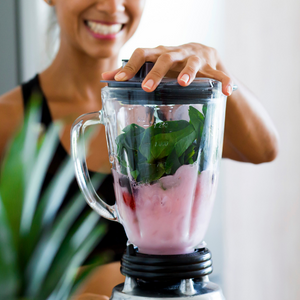
Health benefits of a vegetarian diet
There are a number of health benefits to incorporating a vegetarian diet into your daily routine. Some benefits include:
- Reducing your risk of diabetes
- Reducing high blood pressure
- Weight loss
- Decrease the risk of coronary artery disease
- Lower risk of some types of cancers
In general, vegetarians and vegans have a lower rate of illness and rates of death caused by degenerative diseases.
Consider your diet
If you switch to a vegetarian diet, it’s important to plan and assess your diet to ensure you are receiving the right amount of vitamins and nutrients. Essential nutrients may be lacking in your diet if you do not eat appropriate foods. In general, the wider the variety of foods you eat, the easier it is to gain the nutritional requirements you need. Without careful planning, you may lack certain vitamins and minerals such as:
- Vitamin D
- Iron, calcium and zinc
- Vitamin B12
- Protein
How to get nutrients, vitamins and minerals
With the vitamins and minerals mentioned above in mind, you can plan your diet to ensure you receive the right foods each and every day.
There are some misconceptions about protein intake with vegetarian and vegan diets. There are a number of plant-based alternatives that can provide you with the right level of protein you need each day. Some good sources include legumes (such as beans and lentils), seeds and nuts, whole grains and soy products such as tofu, soy drinks and tempeh.
Legumes, leafy greens (especially Asian vegetables) and some brands of tofu can provide you with good levels of iron and calcium. For zinc, choose nuts, tofu, legumes and miso.
Whether you are following a vegetarian, vegan or standard diet, getting the right nutrients and vitamins is always important. Planning your diet is just as important for those eating animal products. For some people who lead a busy lifestyle or just want to get a quick vitamin fix, a daily multivitamin can help supplement any diet.
Supplement to Support a Plant-Based Diet
Vital All-In-One
Even when following a healthy diet, it can sometimes be tricky to get the balance of all the nutrients your body needs to stay healthy – this is where Vital All-In-One bridges the nutrition gap.
Vital All-In-One is a comprehensive multi-nutrient supplement, plant-based supplement that contains 78 vitamins, minerals, probiotics, greens and more. It is packed full of antioxidants and digestive enzymes that support gut health, a stronger immune system, and improve energy levels.
More information
If you want more information and to ensure you still get the right nutrients and stay healthy with your vegetarian or vegan lifestyle, be sure to chat with your doctor or medical practitioner. They’ll be able to personally assess your needs and ensure you get the right intake each day. They may also be able to refer you to a dietician if you’re switching your diet for health reasons.
